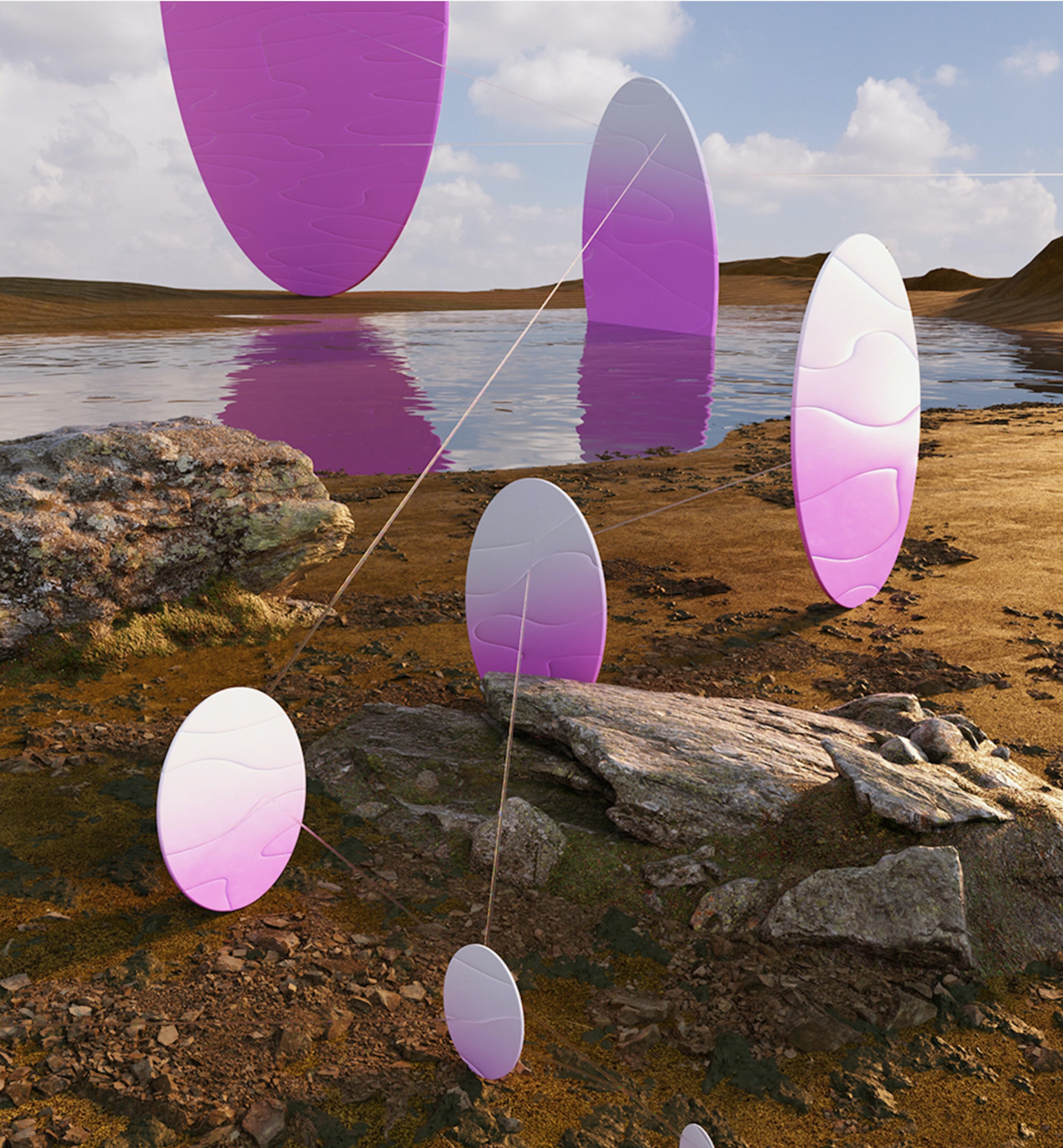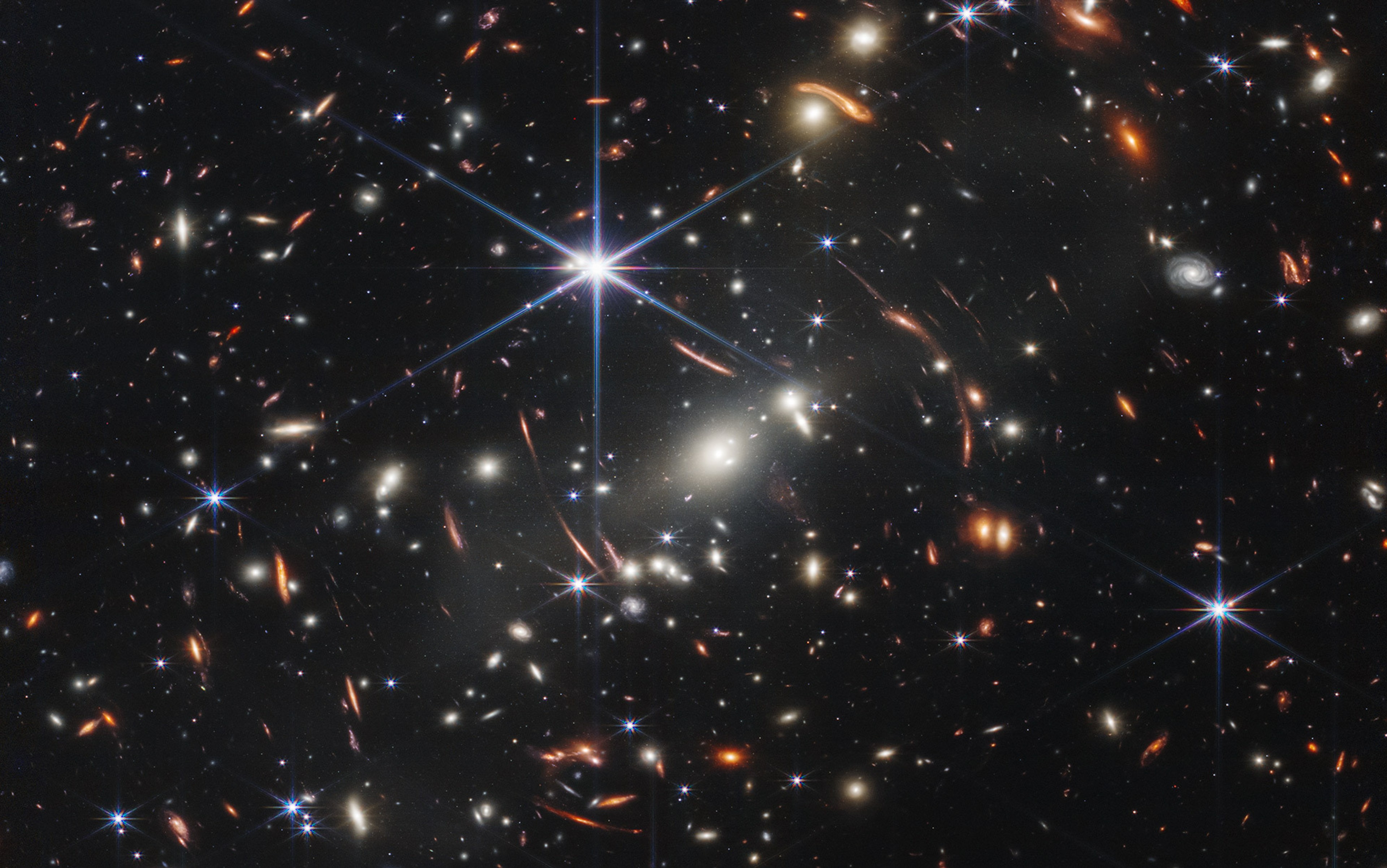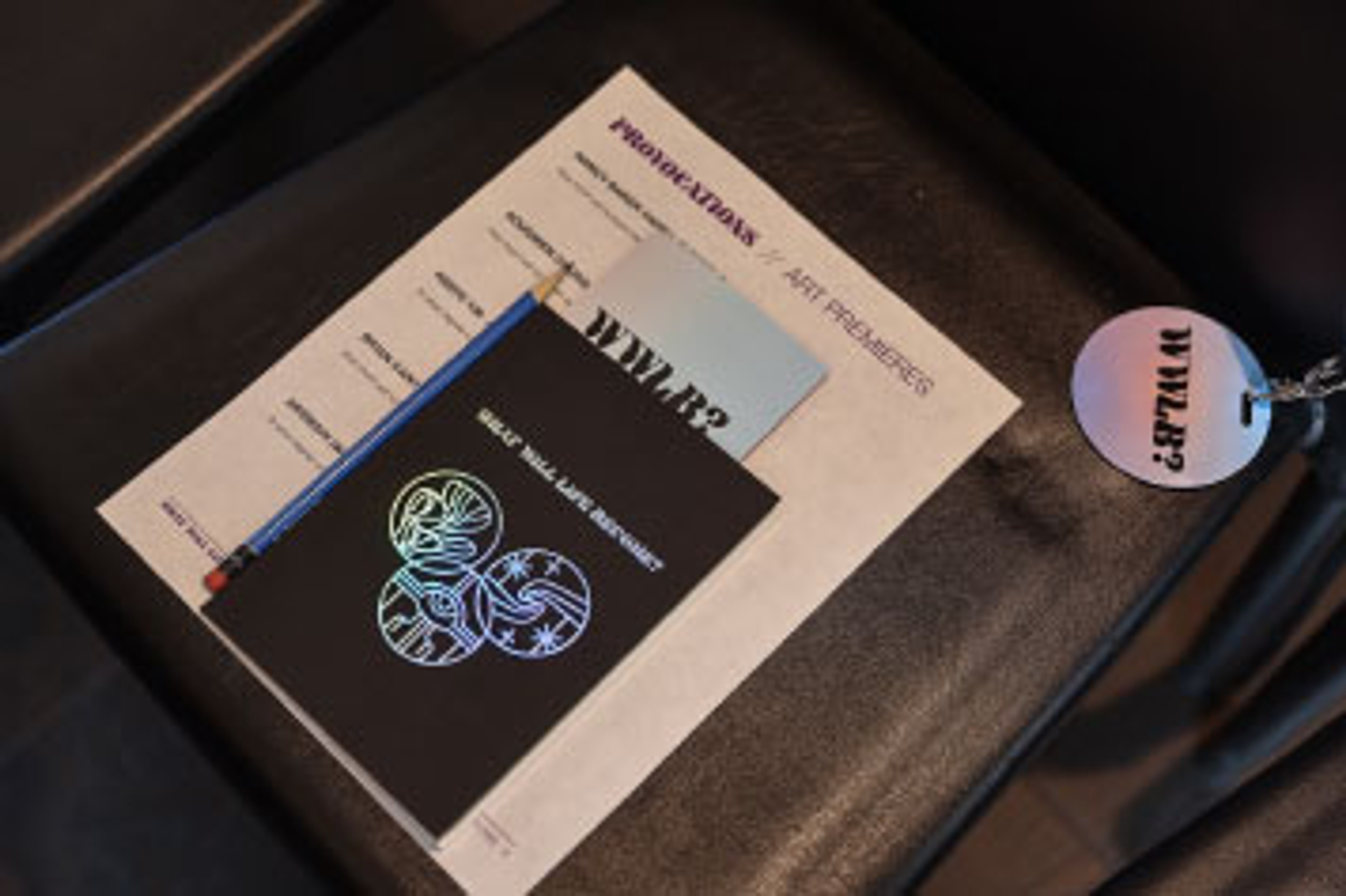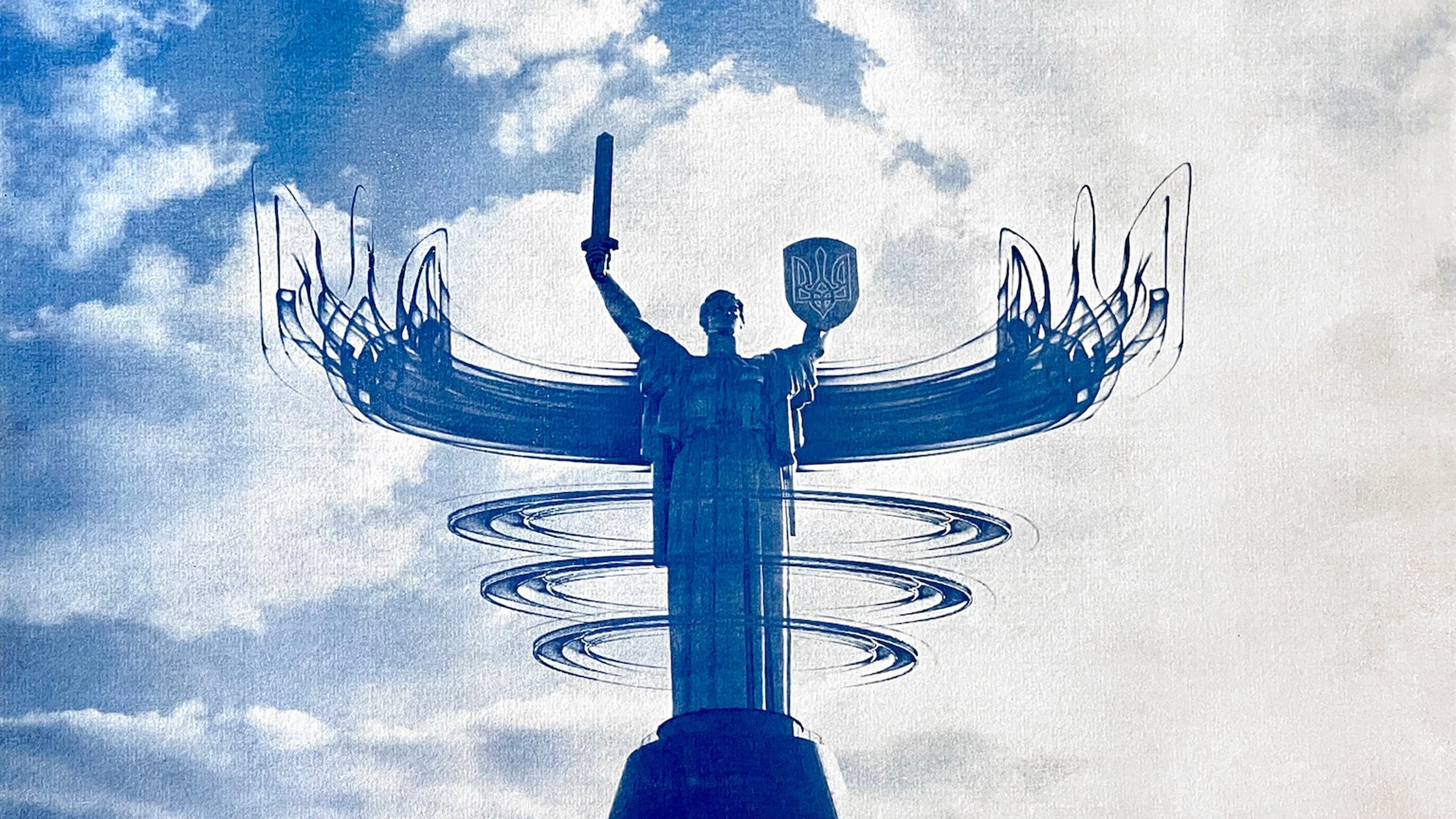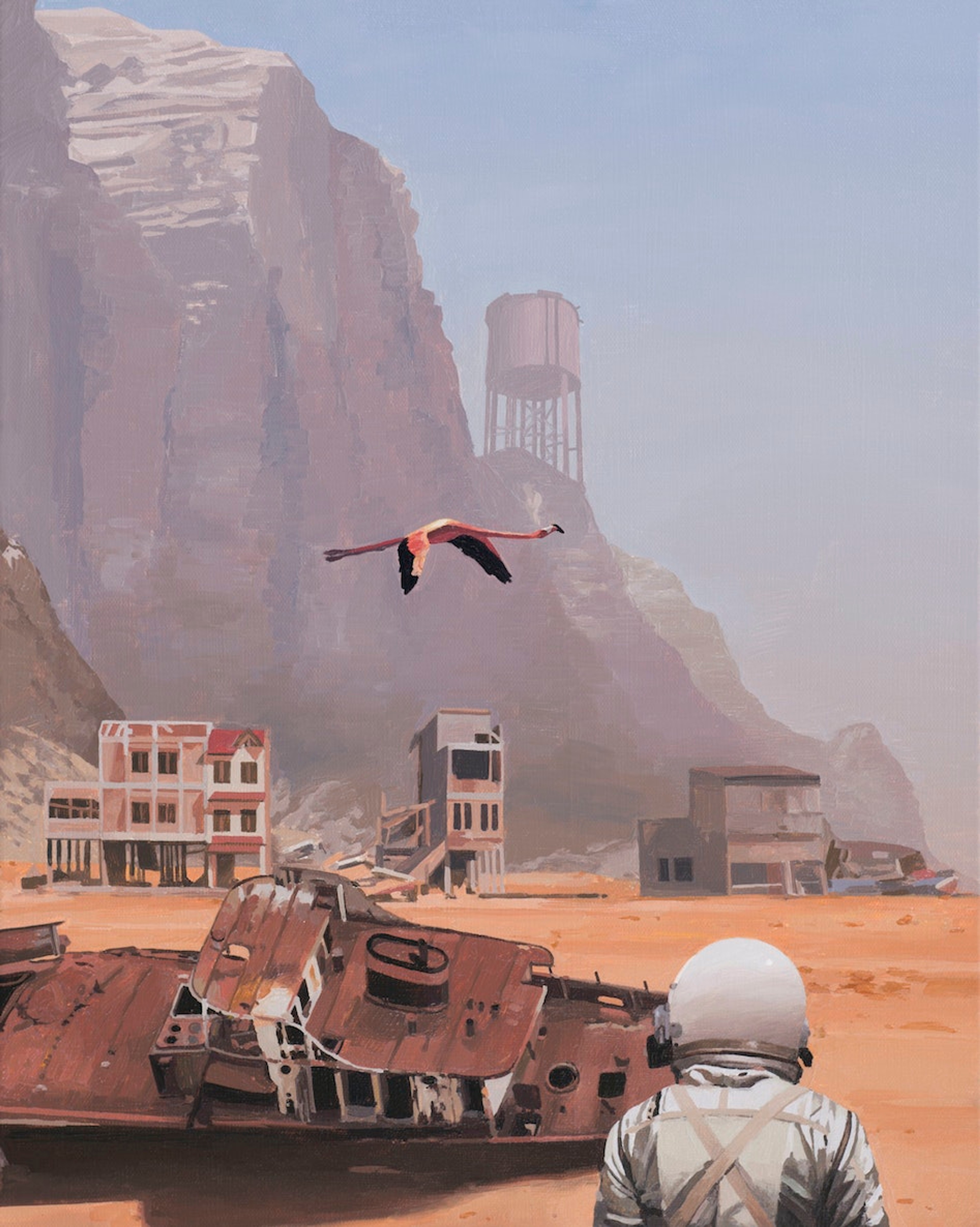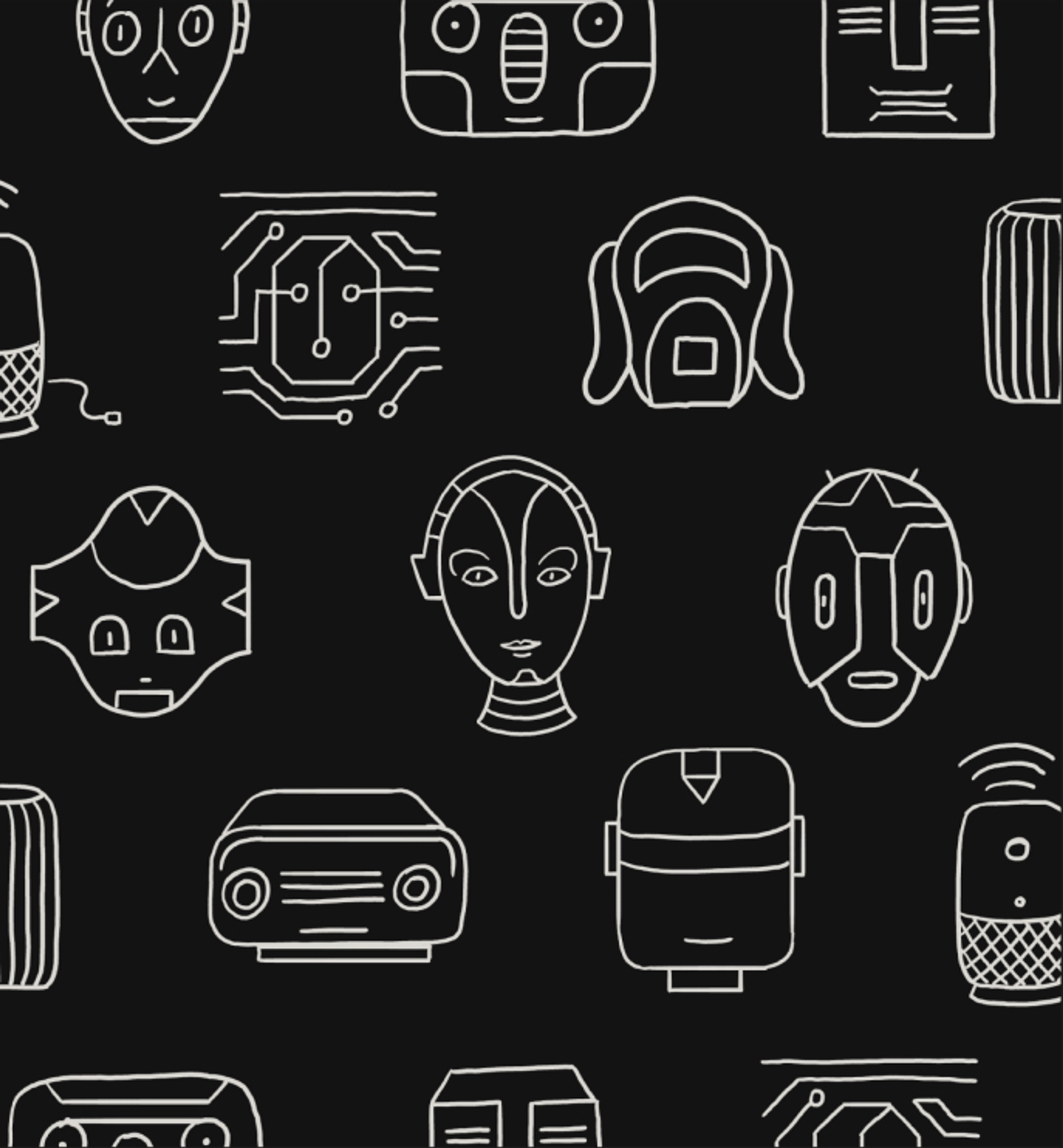Future Humans Theme Explores the Question: “What Will Life Become?”
…Man is neither the oldest nor the most constant problem that has been posed for human knowledge. Taking a relatively short chronological sample within a restricted geographical area—European culture since the sixteenth century—one can be certain that man is a recent invention within it. If these arrangements were to disappear as they appeared…then one can certainly wager that man would be erased, like a face drawn in sand at the edge of the sea.
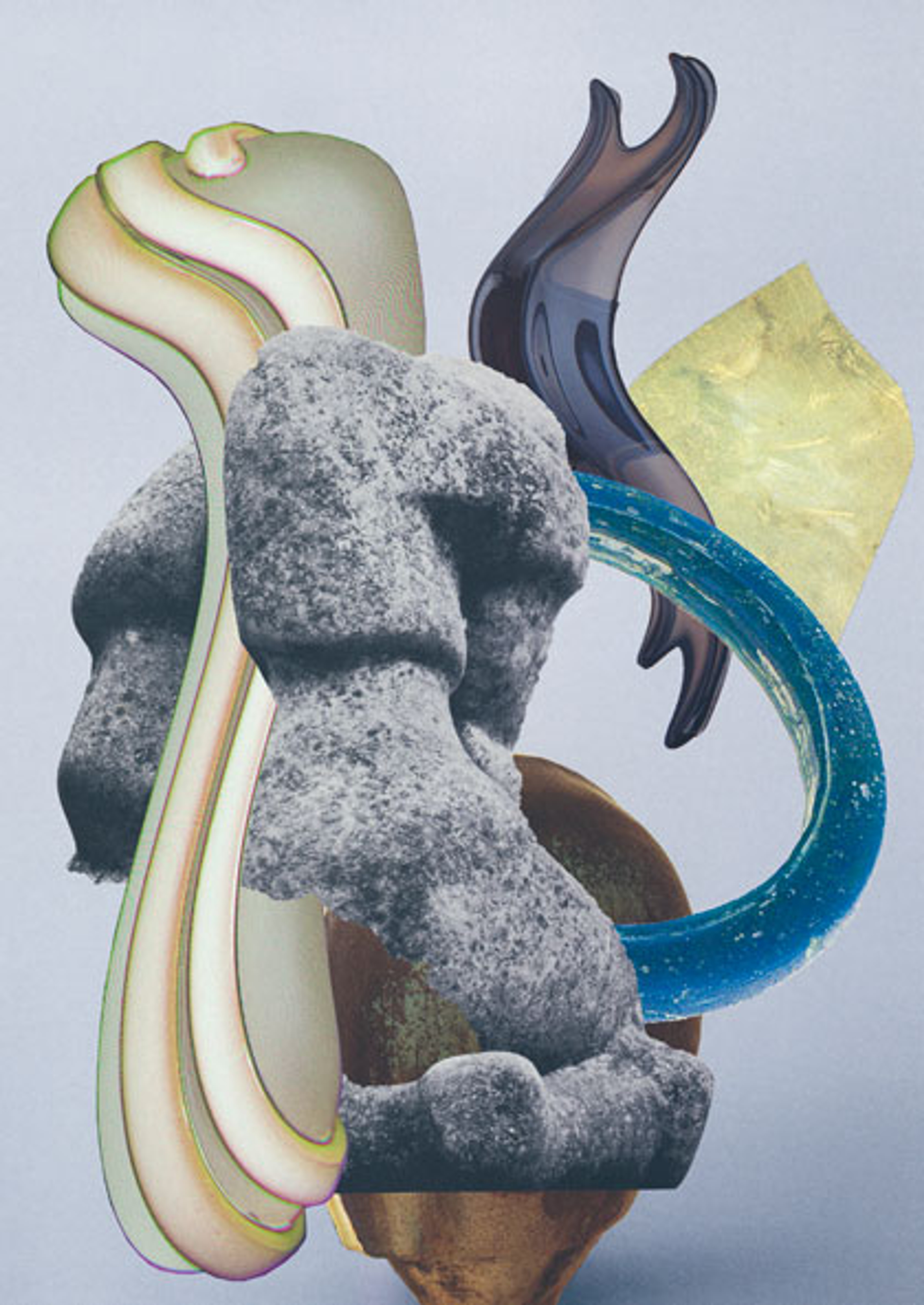
We are immersed in a time of meteoric change from the microbial, to the planetary, to the extraterrestrial. Biotechnologists snip and rearrange DNA, editing what we call “life.” Computers we call artificially “intelligent” are learning to respond to human emotions. Cosmologists’ observations unveil that only a fraction of the observable universe is what we call “matter.” Computer-brain interfaces that amplify human sensoria are altering what we call “the body.” And collaborations with animals suggest that what we call “the mind” extends far beyond our human brains.
Life, intelligence, matter, body, mind: such concepts are undergoing momentous revisions. New and emerging technologies are transmuting these concepts, in turn prompting us to reconsider the philosophical and institutional scaffoldings that have historically narrated the human as apart from—and master over—nature.
In this moment of categorial instability, not only will we at the Berggruen Institute witness great transformations of life, but indeed will have a hand in reforming life’s plenitudinous definitions in their fledgling forms. To do so will require philosophical contributions to technoscientific experiments by scientists of more-than-human beings, developers of other-than-human machines, and observers of extra-Earthly planetarities. Experimental philosophy is not the intellectual handmaiden to robot-painters, to ecologists who use sophisticated sensing technologies to interpret the forests, fungi and flora, or to astronomers who develop new technologies of perception to simulate astrobiological worlds. Rather, we propose that philosophical inquiry represents and performs experiments in method—what philosopher Anna Tsing describes as “the arts of noticing.” Experimenting in and with philosophy is a nutritive, zealous, and multi-pronged perspicacity. We seek a modality of philosophical inquiry that will not merely engage in second-order reflection on the technoscientific order it observes, but instead be in direct dialog with that order. We will shape, not merely describe, correspondent technoscientific methods to mold future-facing ways of being in and becoming with the world, and perhaps places beyond Earth.
The Berggruen’s exploration of the metamorphosing human subject alongside emergent concepts of relational non-human otherness and the planetary proposes a mode of hypothesis, experimentation, and creation to critically inquire:
